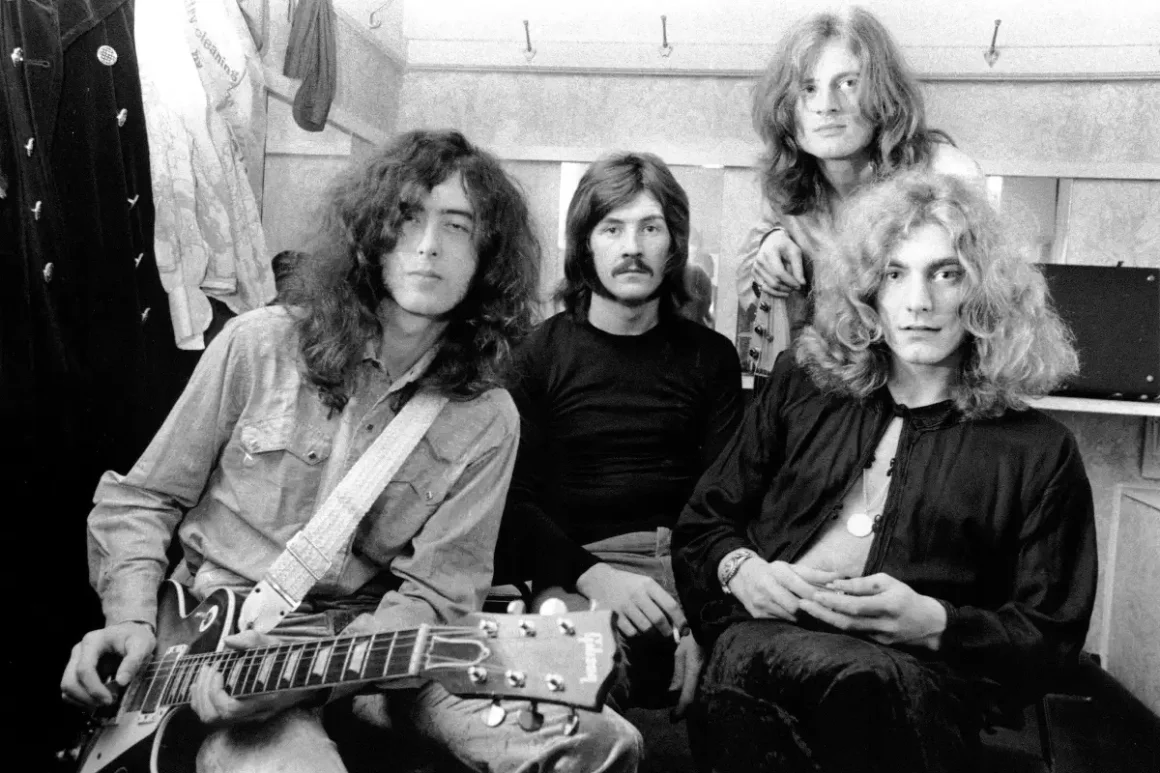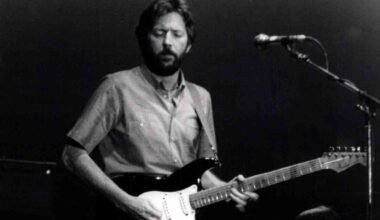John Bonham, the drummer, was Led Zeppelin in many ways. A rhythmic giant who combined the jazz flourishes of his idol Gene Krupa with an innate thunder that very few people possess, Bonham enabled the band’s most beloved moments to have energy, from the meandering brilliance of “Black Dog” to his breakthrough performance, “Moby Dick”.
The fact that Led Zeppelin called it quits almost immediately after Bonham’s untimely death in 1980 is a testament to how important he was to the band. Even though the group’s personal relationships fluctuated during the 1970s as their fame peaked, they came into the new decade with newfound strength. They survived punk, new wave, and post-punk better than many of their contemporaries. Following a low-key but successful European tour, they decided to come back to the States for a second stint.
But things would quickly turn gloomy. Bonham passed away less than a month before Led Zeppelin made a comeback on the other side of the Atlantic. The cultural force that had formerly been so strong that it even managed to topple The Beatles vanished silently into the night.
Soon after Bonham’s passing, frontman Robert Plant said, “When we lost John, we agreed unanimously that that was that”. “I needed to go decide if I wanted to do it seriously. Did I want to take part in it. Or did I just want to rake in the money by sitting back like a croupier at a gambling establishment? Alternatively, was it my desire to genuinely carry on with this type of work of figuring out my future? I’d lost my best friend, so I wanted to get rid of everything.
In 2012, Plant, guitarist Jimmy Page, and bassist John Paul Jones appeared on Letterman, echoing this sentiment. The host questioned them about whether they had considered working with another drummer. In response, Page said that it would have been too difficult to hire someone else. The songs’ original versions on the records had been significantly altered because of their tendency to improvise live. John Bonham was the key to all of this.
In his own words, “No. No.” The truth was that after we played the records, we added the songs to the set. Because of the improvisation we added to the songs each night, it was almost like a fresh start. A second wind for the songs. We could never have asked another drummer to pick up a certain part of the songs due to the amount of work and evolution that had gone into them. It simply wouldn’t function.








